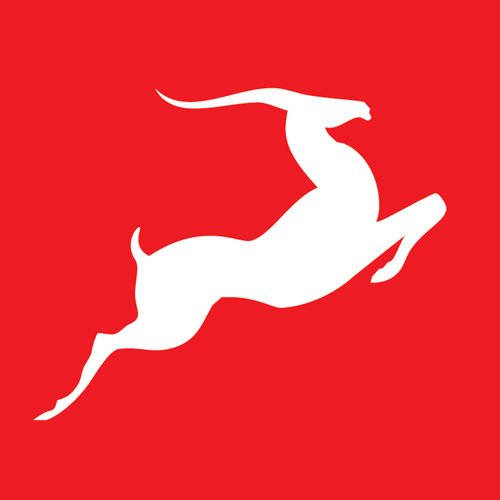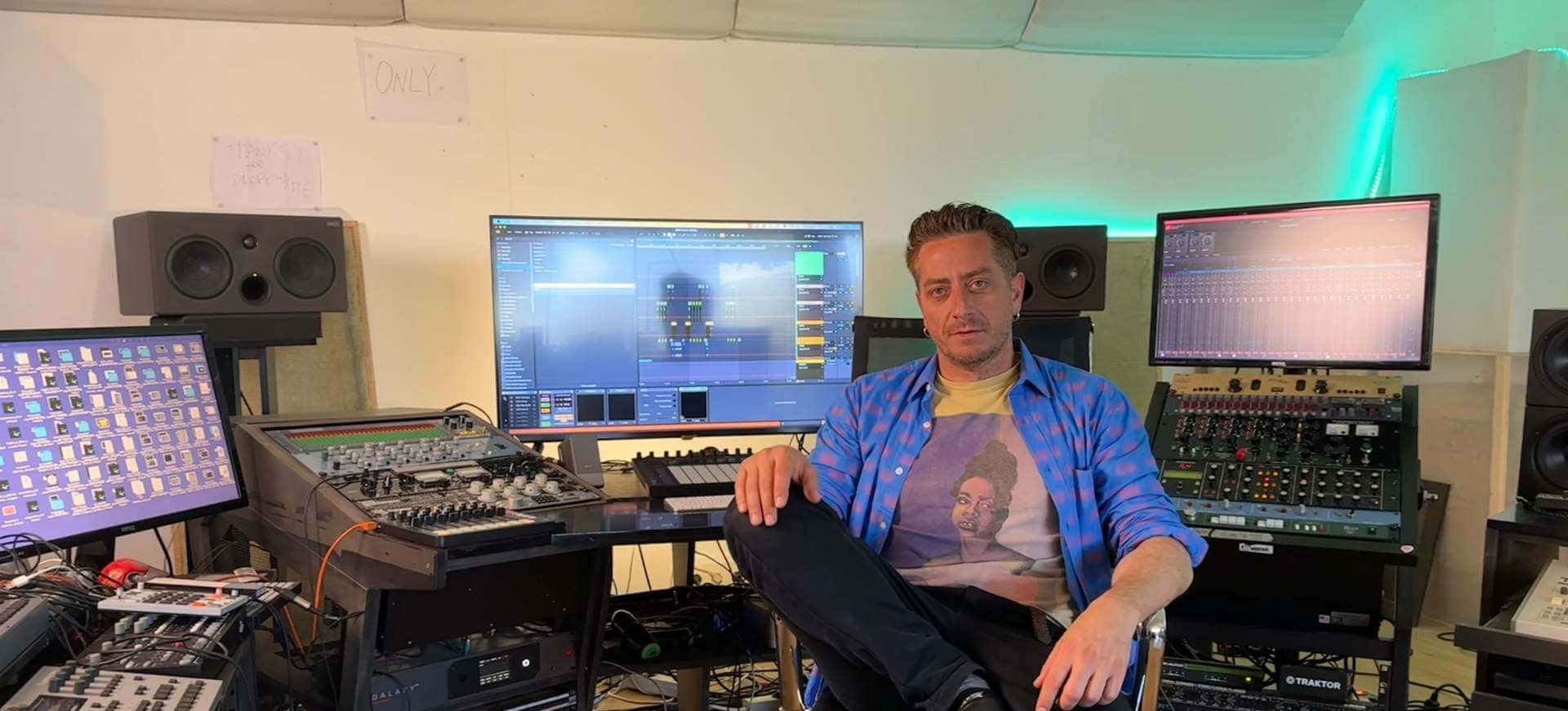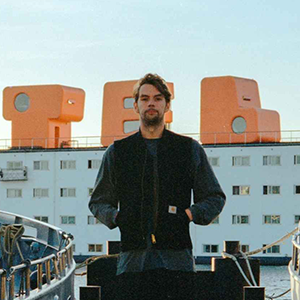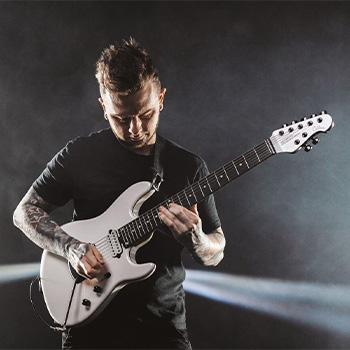From Naples to the world’s biggest stages, Davide Squillace has built a career blending his deep love for studio work with unforgettable DJ performances. Known for his dynamic sound and collaborative spirit, Davide has left his mark in the world’s hottest global venues, including DC-10, WOMB, and Ushuaia Ibiza, while leading creative projects such as Better Lost Than Stupid and Blender.
In this exclusive interview, Davide opens up about his creative process, the importance of staying curious, and how his Antelope Galaxy 64 has transformed his studio workflow. Dive in as we explore the mind of an artist who’s always pushing boundaries—both musically and technically.
Davide, we’ve been passionate fans of yours for years and have enjoyed seeing you perform many times. For those who may not be as familiar with your career, could you share your journey in music, from discovering electronic music to becoming a key figure in the global scene?
Like everyone, it started in my hometown, where at the time there was a lot of electronic music around, and my friends and I started going to clubs in the area. After a good night, I would always follow up on the artist who had played, and that’s how I started learning about the different DJs and genres. I then started promoting my parties. I did my first event when I was 15 years old.
After some time doing this, it came to a point where almost all my friends were DJs and producers. Naturally, I tried out DJ’ing myself, and I felt very comfortable from the start. I found it really enjoyable to play with the decks and vinyl, combining two or three records to create a new record and tell a story over the course of a whole night. Then I bought my first drum machine, my first computer, and, you know, started making a few beats, released my first records, and then started DJ’ing regularly locally for a very small amount of money.
Somehow, I got under the eye of Circoloco and started performing there. Obviously, being able to perform in such a club—if you do it right—it takes you to play everywhere. But while I was playing, my main goal, out of pleasure, was to create music in the studio. So let’s say I come more from the studio than DJ’ing—that’s my turf. But still, DJ’ing and producing co-exist, because you make the music, then you perform it, but also, after feeling the music in the club, you go back to the studio and try to reproduce the feeling.
Naples, London, and Barcelona have been pivotal in your journey. Growing up in Naples, a city known for its rich musical talent, how have these places shaped your sound and style over the years?
The good thing about Napoli is that literally, you can go to listen to techno, drum and bass, jazz, local, any genre of music. So we had a crew back there where a lot of artists who are well known now and play globally started.
And I felt this itch about going somewhere that wasn’t my place, where I could have a more cosmopolitan surrounding, so I could relate myself to a completely different idea of life, a completely different culture, and so on. That’s when I realised that in life, everyone has their own ‘truth,’ but that truth is very much influenced by your surroundings.
As a musician, who you are as a human is reflected in your music, your behaviour, your view on life, how you see music, and how you interact with the people in the club when performing. I then moved to Barcelona because of Paco (Osuna), and now it’s been my city for 20 years. I like Barcelona because everybody from the music industry sooner or later will pass by and spend time here, so in a way, it’s a great melting pot.

You’ve performed at some of the world’s most iconic festivals and clubs across the globe, from Ultra to DC10 and fabric. What would you say are some of the most defining moments in your career, both as a DJ and a producer?
For sure, the first time I played on the terrace at DC-10, and when I played Rock in Rio in Brazil, such a massive festival. Also, WOMB in Tokyo. I’m sure I’m forgetting someone who’s gonna get upset with me. Creamfields in South America was also great.
From launching global projects like Better Lost Than Stupid, Blender, and Sketch, your collaborations are incredibly diverse. How have these collaborative experiences inspired or challenged your own solo work?
Well, it’s a double-edged sword. Especially in the case of Better Lost Than Stupid, we started out just playing b2b because one festival in NY asked us, “Hey, do you guys wanna play b2b?” So we did a few shows like that, and since we’re all producers, we said, why don’t we do something in the studio?
But at the same time, we thought it shouldn’t sound just like us; it should be something new. And the problem is that to do such a project, you have to, in a way, completely abandon your solo career because that’s another career, and it’s gonna take all your time. None of us expected this. We all thought we would be able to manage two careers at the same time, but I think that’s out of wanting to do everything. Eventually, one of the two is gonna fail.
In the end, I loved the experience, I love my pals, and I loved the project – visually and musically—but it was impossible to manage both. I love to work with people in the studio. It always inspires me because I learn so much. I learn techniques, how they see music, how they execute a vision, because you can have an idea of music, but then you have to actually execute it.
So, between the idea and the finished result lies the technical process, and collaboration really opens your mind to new ways of working. It’s something I love, both on a human level and a technical level.
When you step into the studio, how do you typically approach the creative process? Do you begin with a specific idea or sound in mind, or do you prefer to let things unfold more organically? Additionally, do you find any similarities between producing music in the studio and performing live?
I don’t think I have just one approach. Actually, more and more I’ve realised that not having an approach slows things down, which I’m fine with. I’ve seen others who approach every track the same way, and while they don’t always end up with the same outcome, I like the fact that not having an approach often gives me surprises. Somehow, to me, this feels more like actually playing an instrument.
I do have a ‘main element,’ like a bassline or beat, I want to work on sometimes, but I prefer for the process to happen organically and for the music itself to present something that resonates with me. There are two parts to making music. The first part is the emotional side, and then comes the rational part – when I say, “OK, this is what I have, these are the colours, the elements – so now how are they gonna talk to each other? How are they gonna interact, and what story are they gonna end up telling?”
You have different characters, maybe a policeman and a burglar, and you have a house, a bank, etc., but how are they gonna interact with each other over time in the track?
As far as any similarities between how I produce and perform, making music in the studio and playing music in the club are at the same time complete opposites, and very similar. You learn from both sides, and then you inject your knowledge into the other.

Your productions have a distinct sound. Could you walk us through your approach to sound design and any techniques you rely on to achieve that signature depth and texture in your music?
I don’t really know how to answer this. I don’t even know if I have a signature sound, but I really like details and micro-happenings.
I’ve realised, and this actually comes from what I mentioned about making and performing music, that in the studio, when the track is a microcosm of little sounds and textures, it’s nice to listen to from an intellectual point of view. But it doesn’t really get appreciated in the club, where it’s more of a “Rock’n’Roll” way of listening and experiencing the music – it has a different time lapse.
Your studio in Barcelona has been described as a cutting-edge space. Could you walk us through your current setup? What are the essential tools and gear you rely on, particularly in the sound engineering and production phases?
Most of my career, I’ve been working in a very small studio with no windows or anything. So in this new studio, I wanted to have almost like a living room with a studio in it, so that I didn’t feel like I had to go make something. Instead, it’s a place where I want to hang out and spend time, and then have this, “Oh shit, there’s a studio – let’s make some music,” moment come to me.
I have lots of outboard processors and many synths and drum machines of all types of synthesis, although I use lots of virtual tools, both in processing and sound generation.

We know you’re using the Galaxy 64 audio interface in your studio setup, and we’re curious - how has it impacted your workflow, especially in mixing and mastering? Are there any features, like its AD/DA converters or clocking, that stand out in helping you get the sound clarity and depth you aim for?
I came from using another brand of converters throughout almost my whole career, but after seeing friends and studios use Antelope converters, I decided to give them a try, and I haven’t looked back since. I get a lot of clarity out of the conversion and a great phantom center, and the Galaxy 64, with all its inputs and outputs, allows me to connect almost all of my gear – sound sources like synths and drum machines, but also my outboard gear like EQs and compressors – without needing to manually patch anything.
Looking ahead, what excites you most about the future of electronic music and technology? Are there any upcoming projects or directions you’re exploring that we should keep an eye on?
Well, the idea with my project Blender, for example, was to fix a moment or an experience into an ‘object’ – to capture a moment in the club and try to stop time and materialise it into a track.
I’ve also been trying to do this visually with Schlieren photography, for example, as a way of capturing sound waves visually. Those are the types of things that interest me. AI is as intriguing as it is scary.
Socials:
Instagram – instagram.com/davidesquillace
ra.co/dj/davidesquillace
Soundcloud – soundcloud.com/davide-squillace





